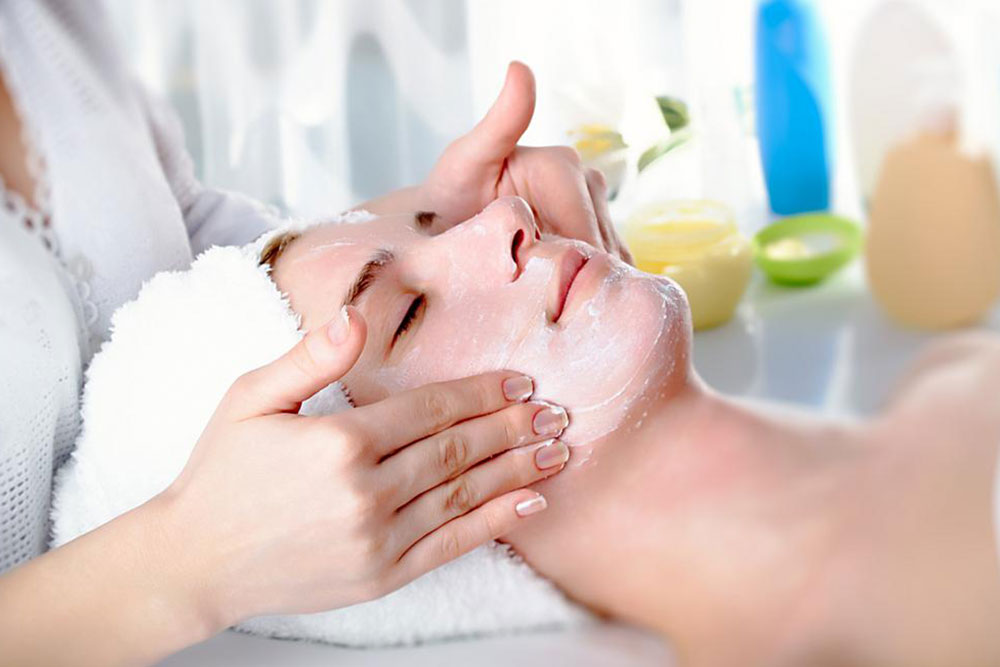Myth-Busting Guide to Effective Skin Care Practices
This comprehensive skincare guide debunks common myths, offering science-backed advice tailored to different skin types. It emphasizes the importance of understanding your skin, choosing dermatologist-approved products, and avoiding misconceptions about ingredients and formulation. By following these tips, users can achieve healthier, radiant skin while making smarter skincare choices that address their individual needs and concerns.
Sponsored

Our facial skin is constantly exposed to environmental stressors such as pollution, weather changes, and daily stress, leading to premature aging and skin issues. Poor lifestyle habits and inactivity further accelerate skin deterioration. Selecting skincare products suited to your skin type is crucial for maintaining a healthy complexion. With countless brands on the market, making the right choice can be overwhelming. Education about ingredients, authenticity, and dermatologist-approved options is essential for effective skincare. Understanding your skin type helps in picking the right products to address specific concerns without falling prey to common misconceptions.
Dermatologists possess in-depth knowledge of various skin types and conditions, guiding individuals to safe and effective product choices. It’s vital to use research-backed, dermatologist-approved skincare lines tailored to your skin’s needs. Proper product selection involves understanding ingredients, visibility, availability, and avoiding counterfeit products. Appropriately chosen skincare can help combat environmental damage and skin problems effectively.
Knowing your skin type is the foundation for choosing suitable skincare solutions. It’s equally important to dispel common myths that can mislead consumers. Here are some prevalent myths about skincare, along with facts to clarify them:
For oily and acne-prone skin:
Myth: Frequent face washing with exfoliating cleansers is necessary.
Fact: Over-washing or using harsh, drying products can worsen oily or acne-prone skin by stripping natural oils, which stimulates increased oil production. This can lead to more breakouts, irritation, and bacterial growth.
Solution: Use skincare products containing proven active ingredients such as L-carnitine, decanediol, lactic acid, and licochalcone extract. These target acne by antibacterial action, tightening pores, and reducing excess sebum. Incorporating mandelic acid and salicylic acid can further help exfoliate and control oil without inflaming the skin.
For dry skin:
Myth: Thick, rich creams are ideal for dry skin.
Fact: Heavy creams can clog pores and worsen dryness if applied improperly on peeling or flaky skin. Dry skin often results from disrupted moisture barriers, leading to roughness, fine lines, and loss of elasticity. Using overly thick products on compromised skin can hinder moisture retention and aggravate irritation.
Solution: Opt for moisturizers containing hyaluronic acid and glycine-saponin, which attract and lock in moisture, strengthening the skin’s natural barrier.
For sensitive skin:
Myth: Only natural ingredients suit sensitive skin.
Fact: The term 'natural' isn’t well-regulated, making it difficult to verify ingredient purity. Sensitive skin reacts to internal and external triggers like allergens, pollution, and UV exposure, regardless of natural or synthetic origin.
Solution: Choose skincare with a mild, slightly acidic pH to support the skin’s natural defenses and minimize reactions. Identifying your skin type helps in selecting products that work effectively and safely.






